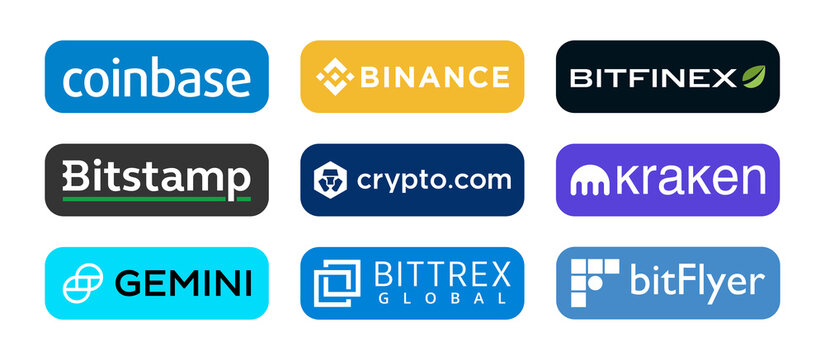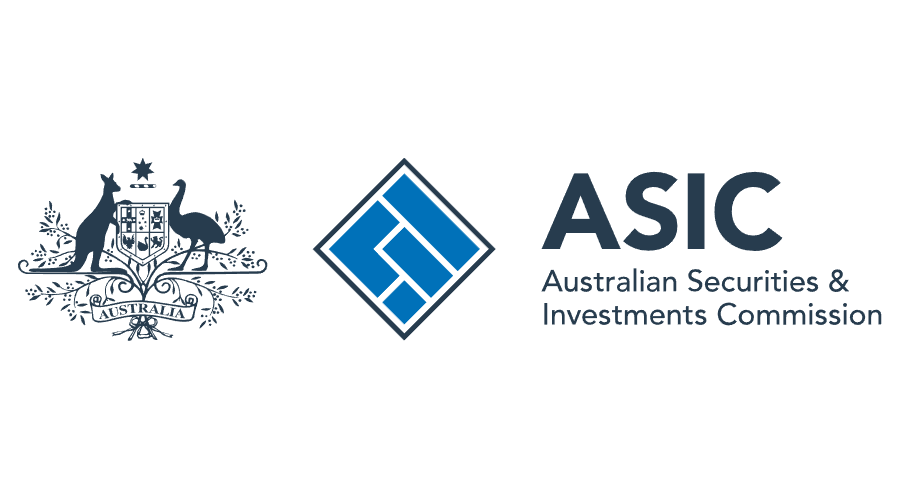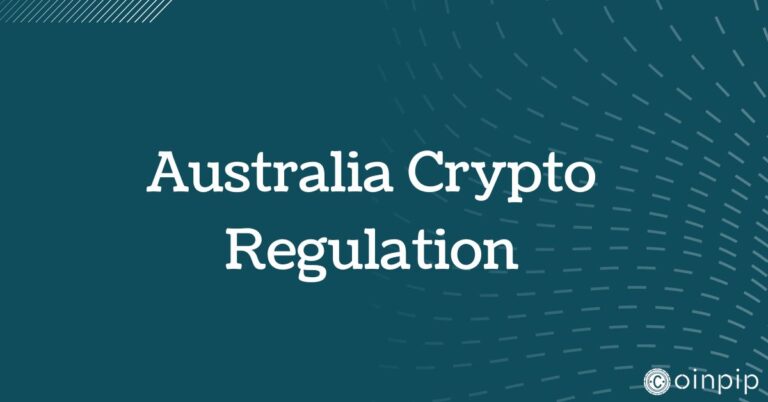Australia Crypto Exchange Regulation in 2025
Australia has embraced the dynamic world of cryptocurrencies with rising enthusiasm, mirroring global trends in adopting digital currencies.
As you delve into this arena, it’s essential to understand that the decentralized nature of cryptocurrencies, while a core feature that drives their innovation and appeal, also presents unique challenges.
With the financial landscape evolving rapidly due to the infiltration of crypto assets, there is an increasing acknowledgment of the need to establish a robust regulatory framework to protect participants and the financial system’s integrity.
Australian financial authorities have enacted legislative advancements to regulate cryptocurrency exchanges in response to these developments.
Your engagement with digital currencies is now subject to new compliance measures, as the Government aims to mitigate risks associated with money laundering, terrorism financing, and cyber security threats.
The emphasis is on crafting a regulatory environment that balances the protection of consumers and fostering technological innovation.
This regulatory initiative marks a significant step forward for you as an investor or enthusiast in the crypto space, offering a layer of security and legitimacy that had been previously elusive.
As you navigate the digital currency landscape, staying informed about these regulations will be pivotal in ensuring your crypto transactions are secure, transparent, and aligned with Australia’s financial laws.
Australia’s Current Cryptocurrency Regulations

In Australia, your interaction with cryptocurrency is subject to regulations that are designed to maintain a balance between innovation and consumer protection. AUSTRAC is the primary regulatory body that oversees your activities with crypto exchanges like Bybit or Crypto.com, implementing anti-money laundering and counter-terrorism financing legislation.
When you participate in the crypto market through Australian exchanges, you must understand that these platforms have specific responsibilities. They are required to:
- Register with AUSTRAC
- Verify your identity
- Maintain records of your transactions
- Report transactions that are suspicious or exceed a certain threshold
Australia approaches the regulation of cryptocurrencies with caution and attentiveness.
The Government is aware of the potential of digital assets and is crafting regulations to ensure that as you interact with cryptocurrencies, your interests and the integrity of the financial system are safeguarded.
As you venture into the Australian crypto market, remember that these regulations are in place to protect you from potential risks associated with digital assets, such as volatility and cyber threats.
The regulatory frameworks are evolving, and you should stay informed about the recent updates, especially regarding the safekeeping of assets and transparency of transactions.
Proposed Licensing Regime for Crypto Exchanges

Your understanding of cryptocurrency exchanges in Australia is set to change with introducing a new regulatory framework.
The Australian Treasury has outlined a proposal whereby crypto exchanges must hold a financial services license.
This measure forms part of an endeavor to bring crypto exchanges under stricter supervision and is scheduled for draft legislation by 2024.
The Australian Securities and Investments Commission (ASIC) will issue these licenses. As your crypto exchange, if you’re managing significant sums—beyond a threshold of AUD 5 million, or AUD 1,500 per individual—you’ll be mandated to secure a license from ASIC.
Why Is This Important for You?
- It aims to safeguard your interests as a consumer, ensuring greater security and less risk of fraudulent activities.
- The regulatory clarity these licenses provide is designed to foster innovation within Australia’s cryptocurrency sector.
- By setting a high bar for operational standards, the confidence in these digital platforms is expected to increase.
Key Points of the Proposition:
- Licensing Requirement: Crypto exchanges must adhere to financial service license standards.
- Regulatory Body: ASIC will be supervising compliance.
- Consumer Protection: Enhanced measures will be in place to protect your assets.
- Support for Innovation: Clear regulations are expected to boost the growth of the crypto sector.
Remember, these developments indicate a transition toward more regulated and secure cryptocurrency trading environments that strive to protect your investments and encourage responsible innovation in digital finance.
Public Consultation and Final Steps
The Australian Government has taken a proactive step towards shaping the future of digital asset regulation. To balance consumer protection and innovation, the Treasury has released a consultation paper.
This document is a call to action for industry players, experts, and the public to contribute their perspectives and expertise on proposed crypto regulations.
The significance of this consultation process cannot be understated. Your input is vital in crafting a regulatory framework for everyone’s interests.
Whether you’re an investor, part of a blockchain startup, or simply someone with a keen eye on the future of finance, this is your opportunity to influence policy.
Key details:
- The consultation paper outlines proposed regulatory measures for digital asset platforms.
- Feedback is essential to ensure these proposals meet the dual goals of protection and progress.
To participate, familiarize yourself with the paper’s contents and submit feedback by the deadline. Your insights will inform the final regulatory steps, possibly shaping the environment for crypto exchanges and digital assets for years to come.
- Deadline for submissions: Ensure your opinions are heard by responding before the due date.
Participating in this consultation process ensures that your concerns and suggestions are considered in the Australian crypto regulatory landscape. Take this chance to have a say in establishing a framework that could set a precedent for the digital economy.
Case Study: The Impact of Regulation on Crypto Exchanges

When you navigate the Australian cryptocurrency landscape, you’ll notice a significant change following regulatory updates.
The Australian Securities and Investments Commission (ASIC) enforces that crypto exchanges obtain an Australian Financial Services Licence (AFSL). This license is a keystone in upholding the integrity of financial services within the country.
Your Responsibilities Under the AFSL:
- Compliance with legal standards: Ensuring all operations align with national financial laws and regulations.
- Risk management: Establishing and maintaining effective risk management systems.
- Client protection: Implementing mechanisms to safeguard client assets.
By integrating an AFSL into their business framework, crypto exchanges within Australia must uphold these obligations:
- Provide Financial Services Fairly: Ensure that services are delivered honestly and fairly.
- Maintain Competence: Prove they are adequately skilled and resourced to offer financial services.
- Ensure Client Welfare: Prioritize client interests and take steps to protect their welfare.
Failure to align with these conditions could lead to legal ramifications and a loss of trading privileges.
While acquiring an AFSL can be intricate and demanding, it’s a compulsory pathway to fostering a trusted exchange environment for operators and users.
Frequently Asked Questions
In this section, you’ll find concise answers to critical questions about cryptocurrency exchange regulation in Australia, clarifying the legal requirements and measures in place to protect your investments and activities in the crypto space.
What are the Australian Securities and Investments Commission (ASIC) guidelines for cryptocurrency regulation?
ASIC sets rules for crypto-assets that may be considered financial products under the Corporations Act, requiring entities to hold an Australian Financial Services Licence (AFSL). If your crypto activities involve financial products, you must comply with ASIC’s regulations, including conduct and disclosure obligations.
How does AUSTRAC regulate cryptocurrency exchanges in Australia?
AUSTRAC oversees the compliance of cryptocurrency exchanges with the Anti-Money Laundering and Counter-Terrorism Financing Act 2006. Your exchange must register with AUSTRAC, adopt and maintain an AML/CTF program, report suspicious matters, and keep customer identification and transaction records.
What are the requirements for obtaining a cryptocurrency exchange license in Australia?
To obtain a license, your exchange needs to register with AUSTRAC, implement a robust AML/CTF program, and verify the identity of your customers. Additionally, you must adhere to financial reporting obligations and be ready for compliance audits.
Can the ATO track your crypto?
The Australian Taxation Office (ATO) can track your cryptocurrency transactions. The ATO has data-matching programs in place with Australian crypto exchanges, and it’s your responsibility to maintain records of all your transactions to report capital gains or losses in your tax returns.
Conclusion
Your understanding of the regulatory landscape in Australia is paramount as you navigate the market. The Australian Government has made strides towards creating a more transparent regulatory framework for cryptocurrencies. This includes deeming crypto assets as property, thus subjecting them to capital gains tax, with potential exemptions after a year of holding.
Regulatory Benefits:
- Consumer Protection: Enhanced regulations aim to safeguard your investments, particularly against incidents similar to the collapse of the FTX exchange.
- Market Stability: A well-regulated environment promises more consistency and fewer surprises, contributing to a stable crypto economy.
- Tax Clarity: Clear tax guidelines ensure you are compliant and informed about potential liabilities.
Challenges Ahead:
- Compliance Costs: The cost for exchanges and investors to comply with new regulations may increase.
- Market Adaptation: Some regulations could disrupt current market practices, requiring adapting time.
Looking forward, you can expect a progressive refinement of these regulations as the Government balances market innovation with investor protection.
The pivotal role of digital assets in Australia’s economy is poised to expand, provided the regulatory evolution continues to support both growth and stability.
Engaging with this dynamic landscape, you must stay informed and agile to maximize Australia’s crypto exchange potential.







